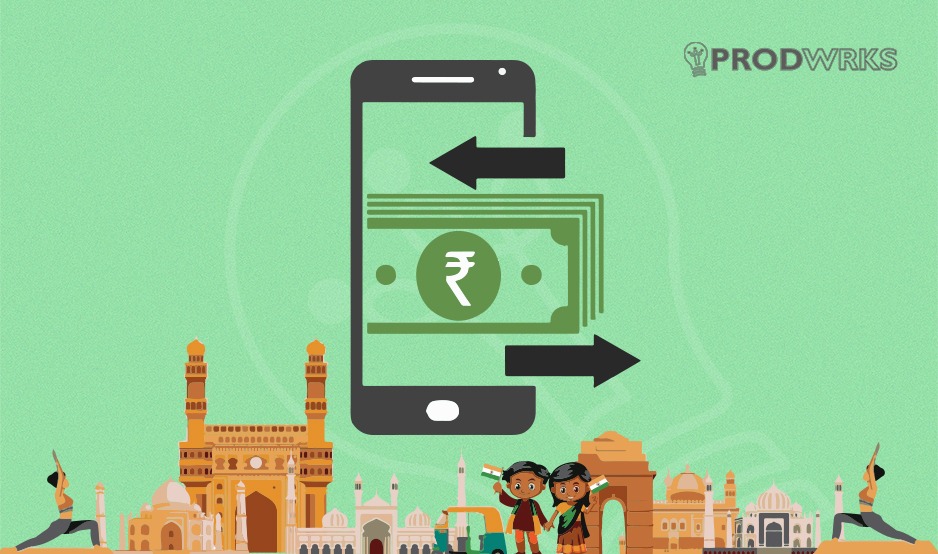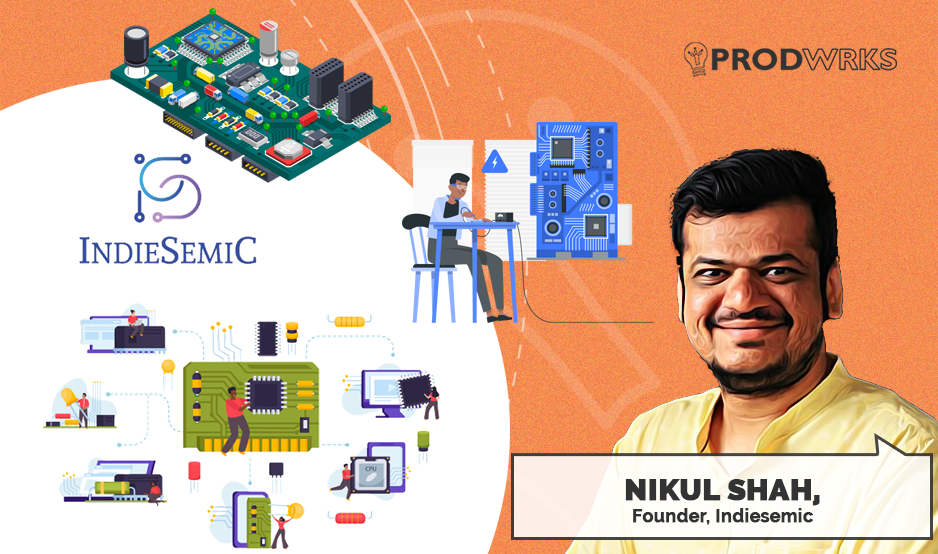
The author of this article, Praveen Paulose, is the MD & CEO of Celusion Technologies.
India is amongst the fastest growing Fintech markets globally, with the highest Fintech adoption rate of 87% – significantly superior to the global average of 64%. The $50 Billion Fintech Industry is set to grow to an astounding $150 Billion in a few years. With over 2,000 FinTech startups in India today and a valuation of over $1 Billion, the future looks bright for the nation.
This poses the question - what led to all of this?
As technology has grown to extend its influence across the globe, many industries have benefited from the scope of all that could be made possible via this incredible man-made creation. Digital transformation has enabled a new world of possibilities for companies across different fields in ways that not only scale businesses to new pinnacles but also empower customers with comforts and conveniences that make their experiences with products and services delightful.
Simply put, digital transformation integrates technological tools into all aspects of a business’s operations and services. The various technological features transform processes in many ways, from systems & security to the workers & workflows.
In the Fintech and Banking sector, digital transformation has enabled organizations to achieve more seamlessness in work operations and ease of consumer access. Much of the customer base in the industry has already adopted digital practices, with many carrying out their money-related tasks via the Internet.
This is not only true for younger generations but for people across age groups & demographics as well. Moreover, accessing services online with the touch of a button has offered a great deal of convenience for customers looking to avail of various services regarding their finances.
Today, people can deposit their hard-earned money as savings, make transfers and payments to anyone across the globe, and a lot more with their finances – all with the freedom to do so anywhere and at any time.
Many technological tools, such as customer data collection, machine learning, cloud computing, and artificial intelligence, have entered the finance and banking industries. One of the most visible consequences of the pandemic was the adoption of contactless payment methods. This made even those resilient to using the internet for their finances switch to carrying out their finances digitally.
Digitization has fundamentally reshaped how we conduct our payments, transfers, lending, insurance, savings, and finance management. Every major technological stride has made the aforementioned financial tasks more seamless in ways our prior generations could have never imagined.
This has pushed fintech and banking companies to constantly innovate and make their products & services more accessible to consumers and inevitably create an ecosystem for them that is simple to understand and significant in benefits.
In India, digital transactions have percolated every sphere of our lives. Everything has been tied to our smartphones in recent years, from making payments to the smallest of shops to transferring cash among friends and peers.
Unified Payments Interface, or UPI, emerged as a financial innovation that enabled instant payments with just a single scan of a QR code. It allowed people to transfer funds from multiple bank accounts that can all be accessed via a single mobile application.
How we interact with our finances today in India has significantly changed how Direct-To-Consumer businesses operate. For starters, they have had to completely embrace digital payment methods that allow consumers the convenience of making real-time payments directly from their pockets – quite literally, with their smartphones. Those that refused to adopt this modern innovation were made obsolete simply because of the resistance they created by not offering consumers this simple convenience.
From a business point of view, Fintech and Banking companies benefit from pioneering efficient solutions for their audience. To begin with, digital transformation helps finance companies provide an improved customer experience that increases customer satisfaction, retention, and loyalty.
In the context of operations, digital fintech solutions reduce the need for manual intervention in work processes, thereby allowing for a more efficient allocation of costs. Finally, digital tools enhance the security of Fintech and Banking organizations by creating a veil of protection from hacking, data phishing, and cyber-attacks.
The Fintech industry continues to be one of the fastest-growing sectors and a significant contributor to the Indian economy. And with the digital population increasing in the country, this trajectory will continue to point upward. However, this industry has challenges in its way.
The first is the slow adoption of new technology by organizations that wish to remain quote-on-quote traditional in many aspects. These pre-placed systems may be outdated in today’s world. In the same context of tradition, while more and more people avail of financial services on their smartphones, many other groups who may not be as comfortable with technology tend to be left behind.
This unintentionally creates segregation between consumer groups. Lastly, with technology being adopted by many organizations, the industry has become over-saturated. As a result, Fintech and Banking brands are tasked with integrating business models that help them stay ahead of the curve and set apart from the competition.
Digital transformation has left no stone unturned in transforming the industry. Fintech and Banking companies today benefit from the various digital tools that technology has brought with it and the vastly improved customer experience that followed as a direct consequence.
As companies continue to adopt newer technologies and push each other to set themselves apart in the ocean of competing organizations, customers will be constant recipients of fintech and banking solutions that empower their desires in finance and beyond.
About the Author:

Praveen Paulose became a first generation entrepreneur when he started Celusion Technologies. The idea was based on the premise that they could build great software but today their software is changing the way people look at finance. Celusion Technologies has been a bootstrapped company that has always been careful with the money and they have been profitable from the word Go. They follow a flexible business model ranging from cloud based software as a service to licence based fees for on site deployment.
Praveen is passionate about technology and spends most of the day either programming or reading about the next big thing in technology and how that can be applied to their offerings. He loves solving complicated business challenges using technology.
His business mantra is summed up in three words, “Possible is Everything.” Today, Praveeen is a sought after business leader in the fintech sector in India that is on an explosive growth path.



